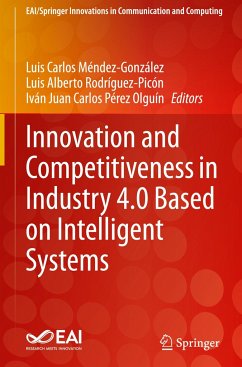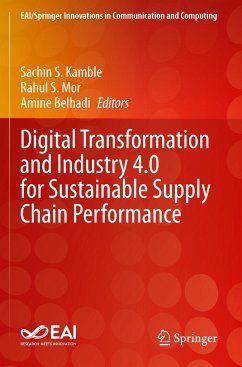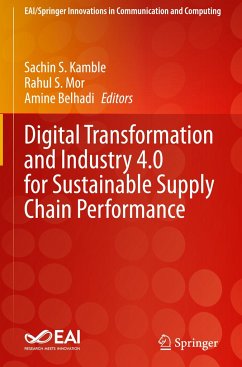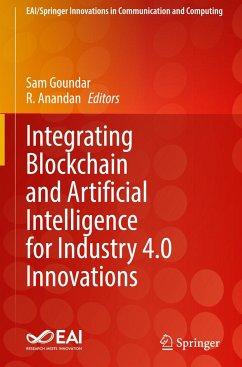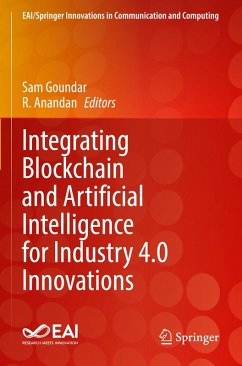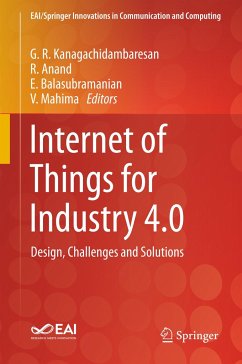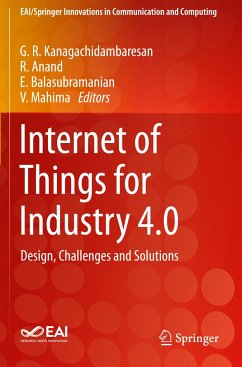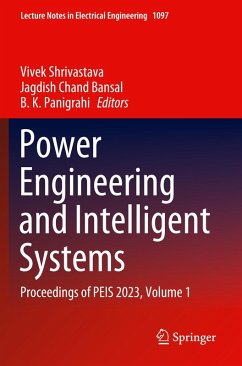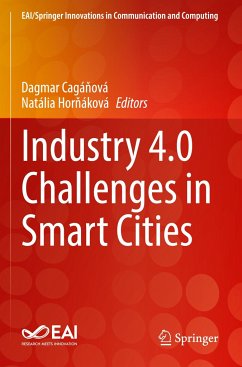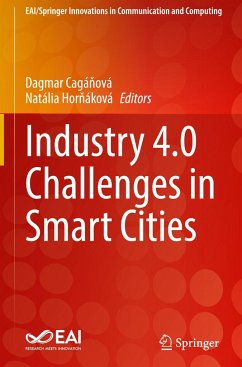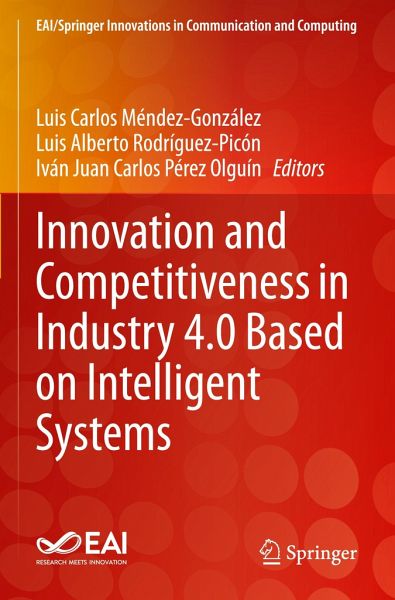
Innovation and Competitiveness in Industry 4.0 Based on Intelligent Systems
Versandkostenfrei!
Versandfertig in 6-10 Tagen
121,99 €
inkl. MwSt.

PAYBACK Punkte
61 °P sammeln!
This book presents a series of applications of different techniques found in Industry 4.0 with relation to productivity, continuous improvement, quality, decision systems, software development, and automation systems. The techniques used throughout this book allow the reader to replicate the results obtained towards different types of companies that wish to undertake in the new era of the digital industrial revolution. This book can also help students from different areas of engineering to understand how the use of new technologies is applied to solve current relevant problems and how they giv...
This book presents a series of applications of different techniques found in Industry 4.0 with relation to productivity, continuous improvement, quality, decision systems, software development, and automation systems. The techniques used throughout this book allow the reader to replicate the results obtained towards different types of companies that wish to undertake in the new era of the digital industrial revolution. This book can also help students from different areas of engineering to understand how the use of new technologies is applied to solve current relevant problems and how they give the possibility of constant innovation in the different industrial sectors. This is accomplished through the analysis of illustrative case studies, descriptive methodologies and structured insights that are provided through the different considered techniques.



